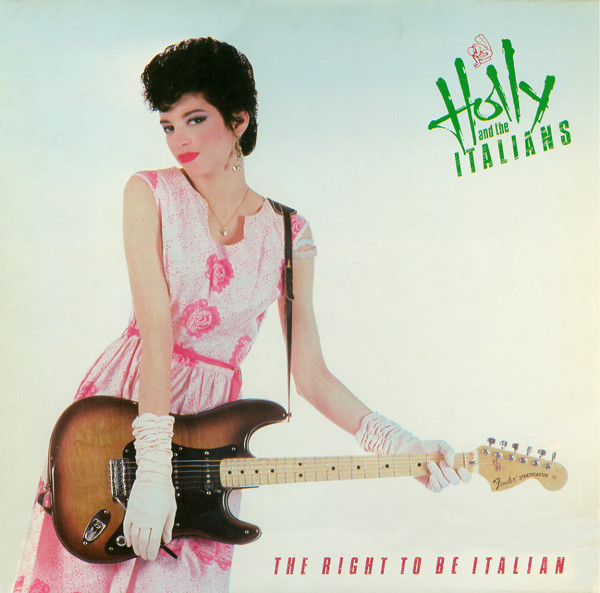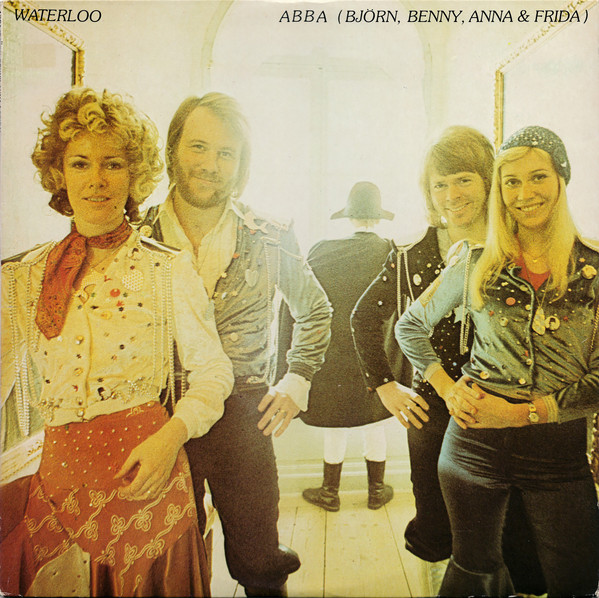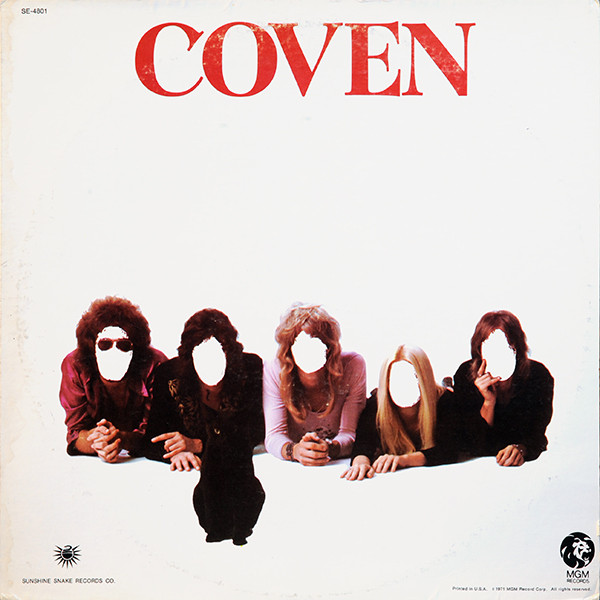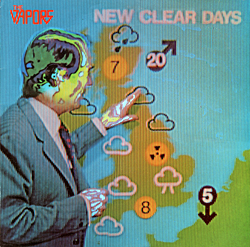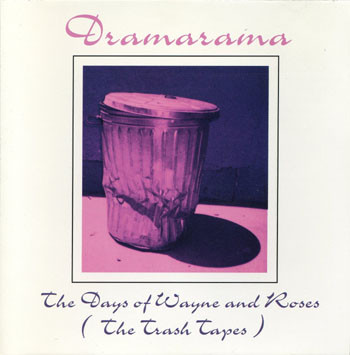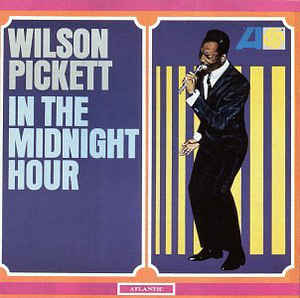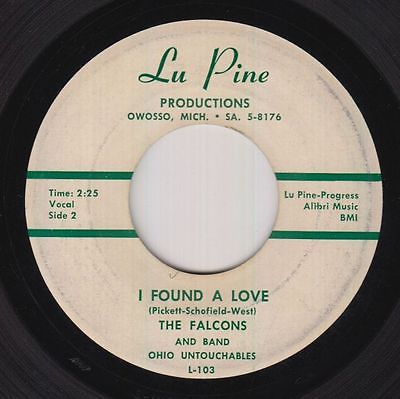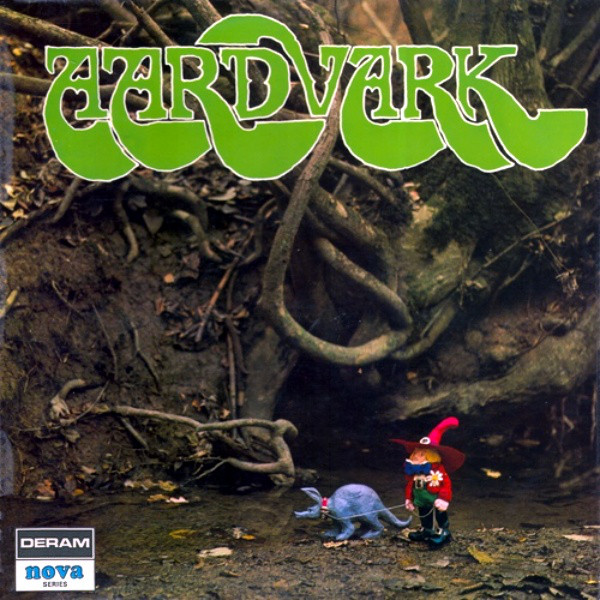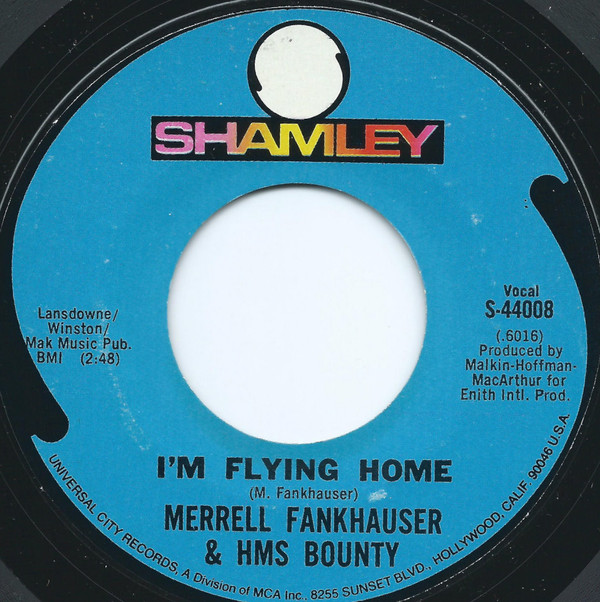
“I’m Flying Home” (1968) – Merrell Fankhauser and HMS Bounty * Written by Merrell Fankhauser * 45: “Girl (I’m Waiting for You)” / “I’m Flying Home” * Produced by Glen MacArthur, Jack Hoffman, and Norman Malkin * Label: Shamley
Merrell Fankhauser’s pleasurable late sixties/early seventies recordings with Fapardokly, HMS Bounty and Mu still fly below the radar, but they take tuned-in listeners from the sparkling Southern California of the mind (late sixties) to the mythical jungles of Hawaii (early seventies) and beyond to where UFOs hover. “I’m Flying Home” is a psych rock nugget that showed up on the flipside of an HMS Bounty single, in which it sounds like they’re actually spinning farther away from home by the second. Shamley Records was a very short-lived imprint that branched off of the Universal Studios label (UNI), which had taken over Alfred Hitchcock’s Shamley Productions in the mid-sixties.

